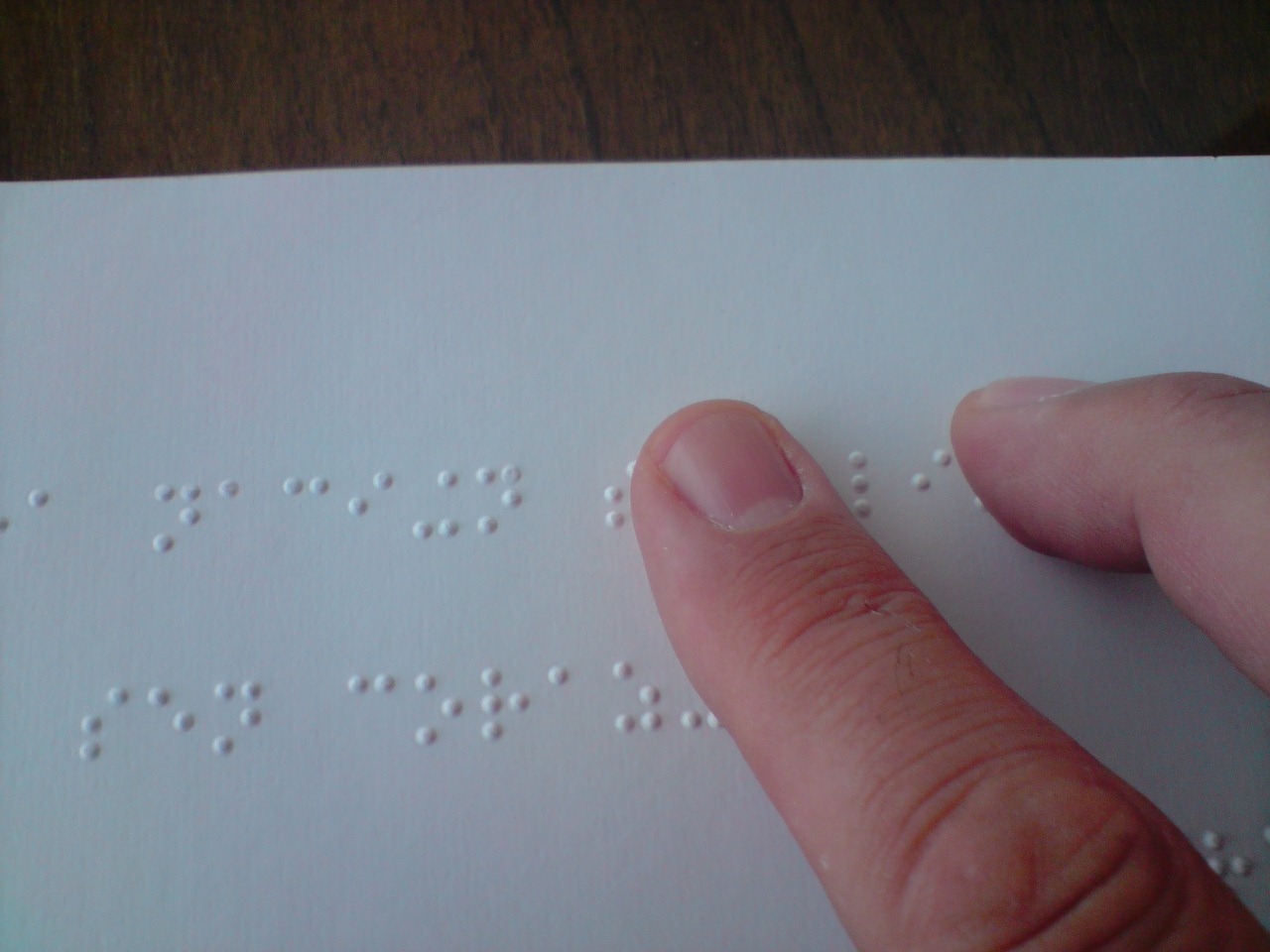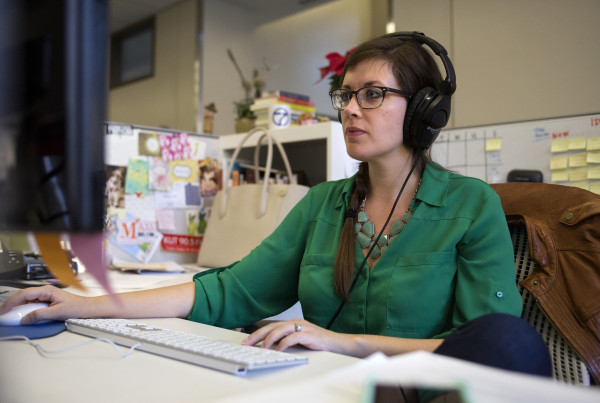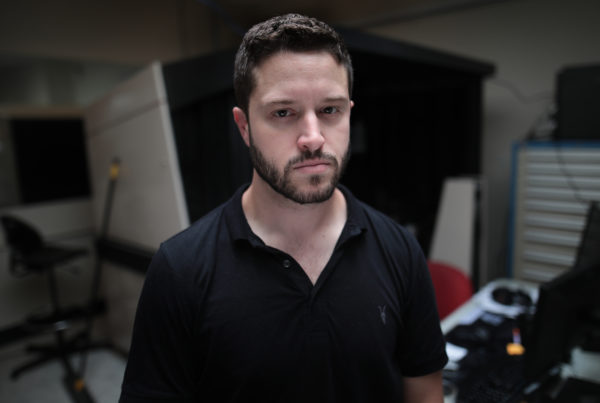A set of symbols known as the International Phonetic Alphabet is commonly used to determine what speech sounds like. The IPA is used for nearly 7,000 languages around the world. If you’ve encountered pronunciation guides online, you’ve used the IPA. But the Braille version of the IPA hadn’t been updated for 75 years until a Houston-area professor made it his mission to change that.
Robert Englebretson is chair of the Linguistics Department and a professor at Rice University. He says discrepancies between the print version of the IPA and the older Braille one had become severe by the time he got involved in the project. And differences between U.S. Braille and British/European Braille made the discrepancies even greater.
“There frankly aren’t that many Braille readers who are in the fields of linguistics or speech sciences, and maybe it just wasn’t on anyone’s radar,” Englebretson says.
For Englebretson, updating the Braille version of the IPA was a matter of personal and professional interest. He’s both a linguistics professor and a Braille reader, who didn’t have access to an updated IPA when he began his linguistics studies.
“When I was trying to keep up with my coursework in phonetics and linguistics, I would sort of have to be innovating my own Braille symbols as we worked along,” Englebretson says. “And I think a number of blind and visually-impaired linguists were doing the same thing. So we couldn’t really share our work with one another. It wasn’t always standardized.”
Englebretson analyzed the various Braille versions of the IPA to determine what could be modernized to create the new system. He then shared his draft update with linguistics students around the country who were Braille users.
“By publishing this system, and by publicizing it both in the professional journals, and in Braille-related areas, we hope that it will empower more students to pursue their interests in… linguistics, or speech language pathology, or vocal pedagogy, or any of the various areas that use the IPA,” Englebretson says.
Written by Shelly Brisbin.














